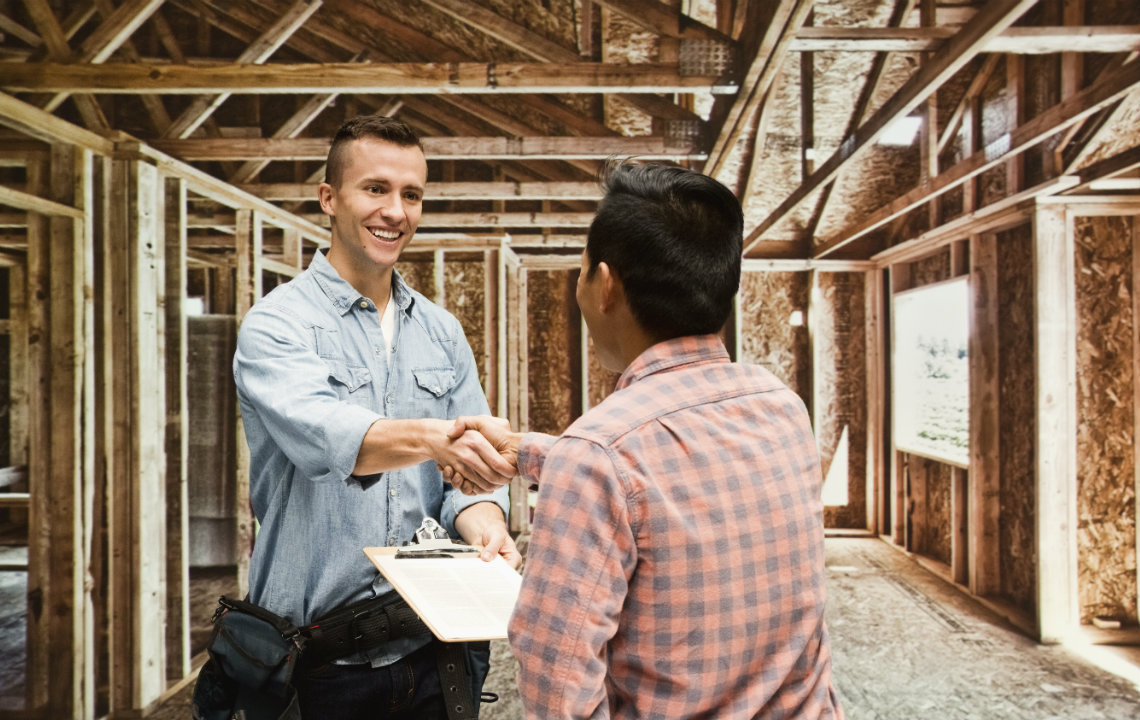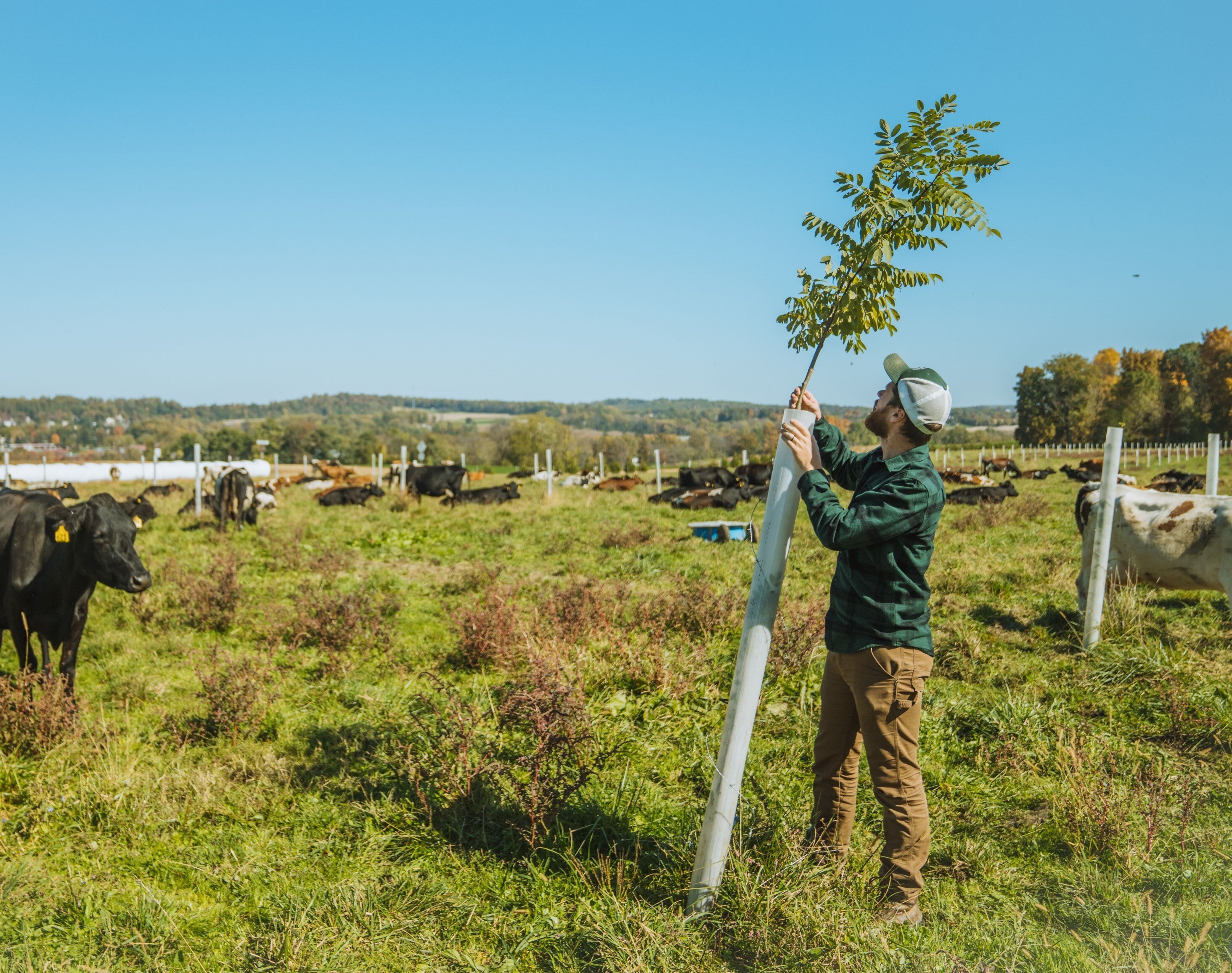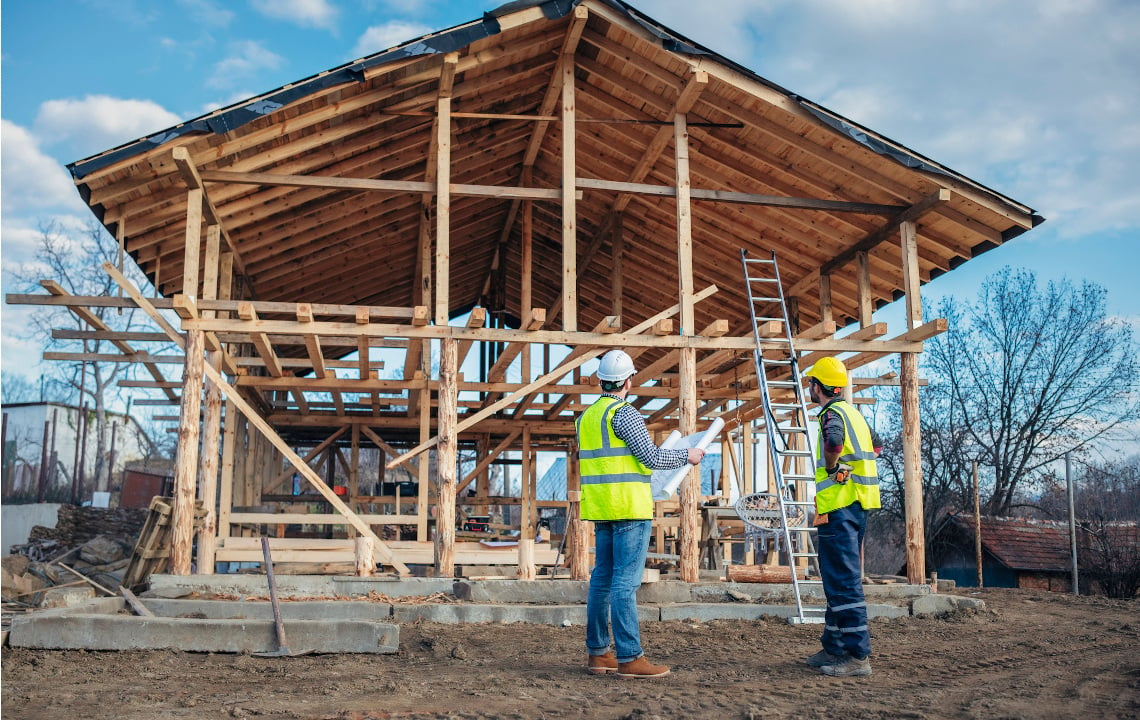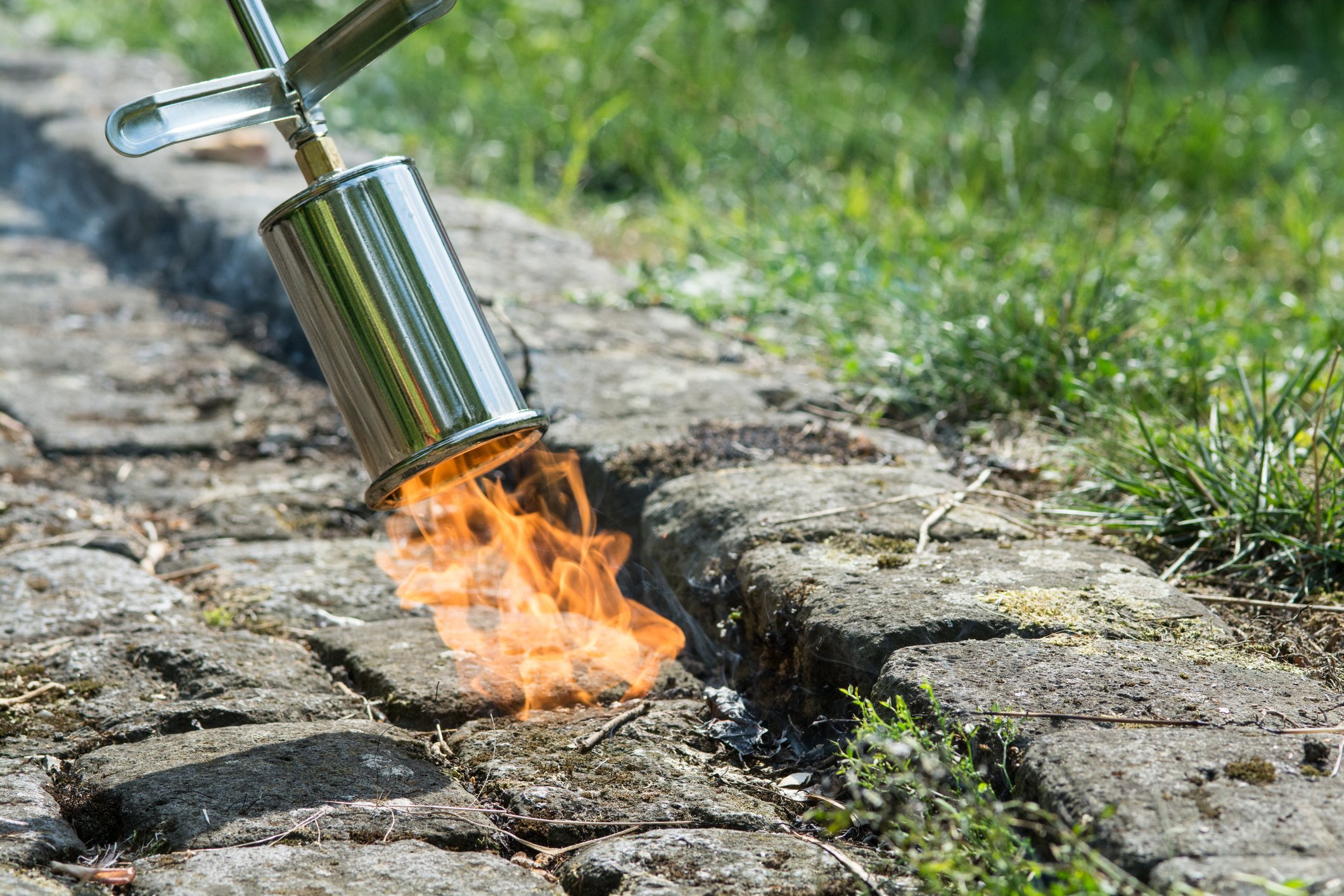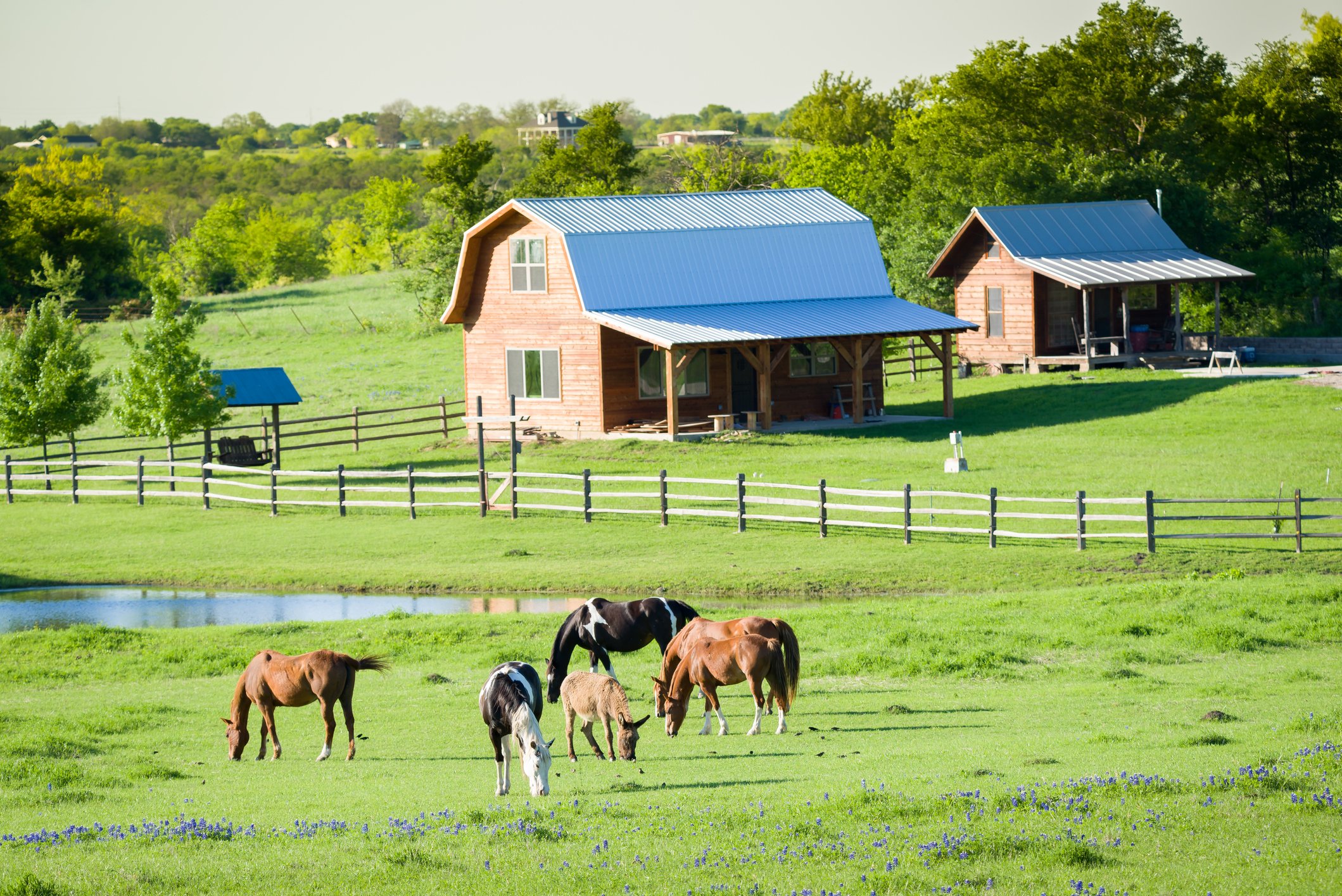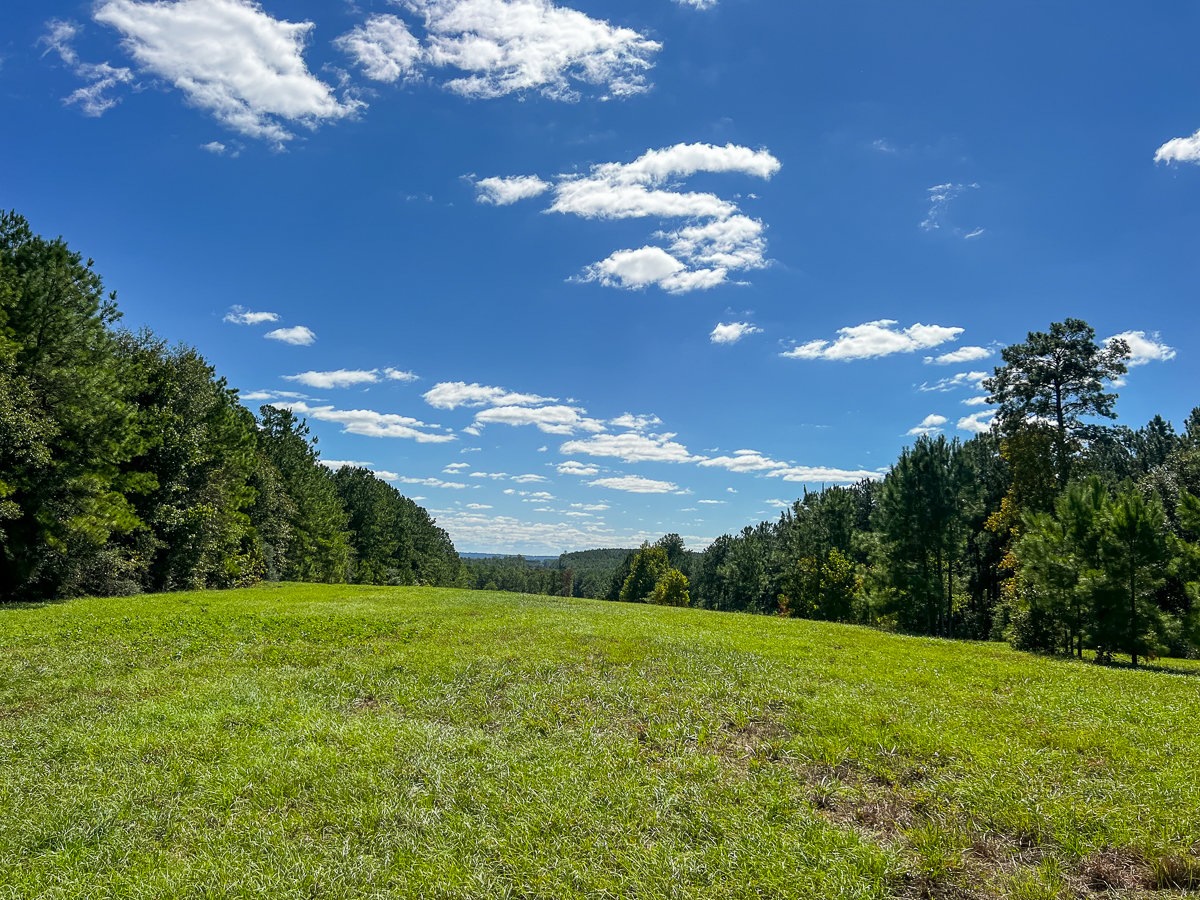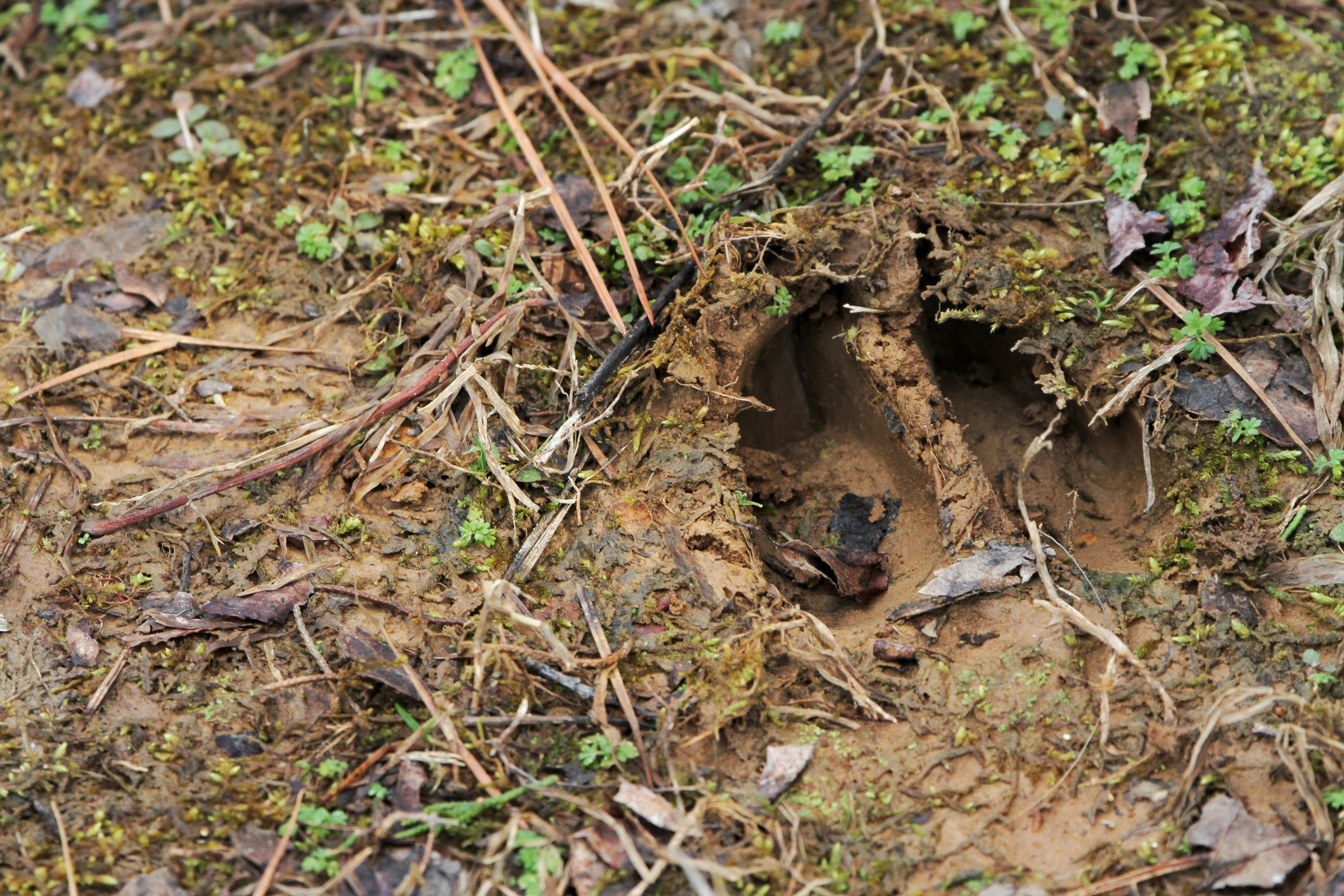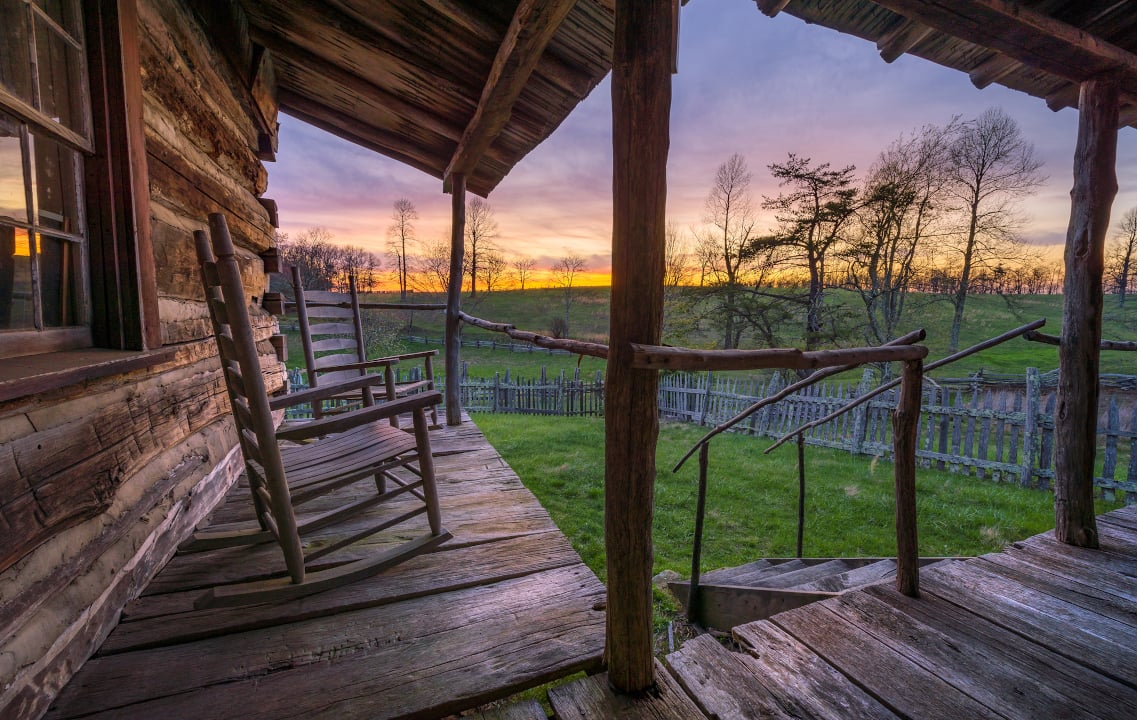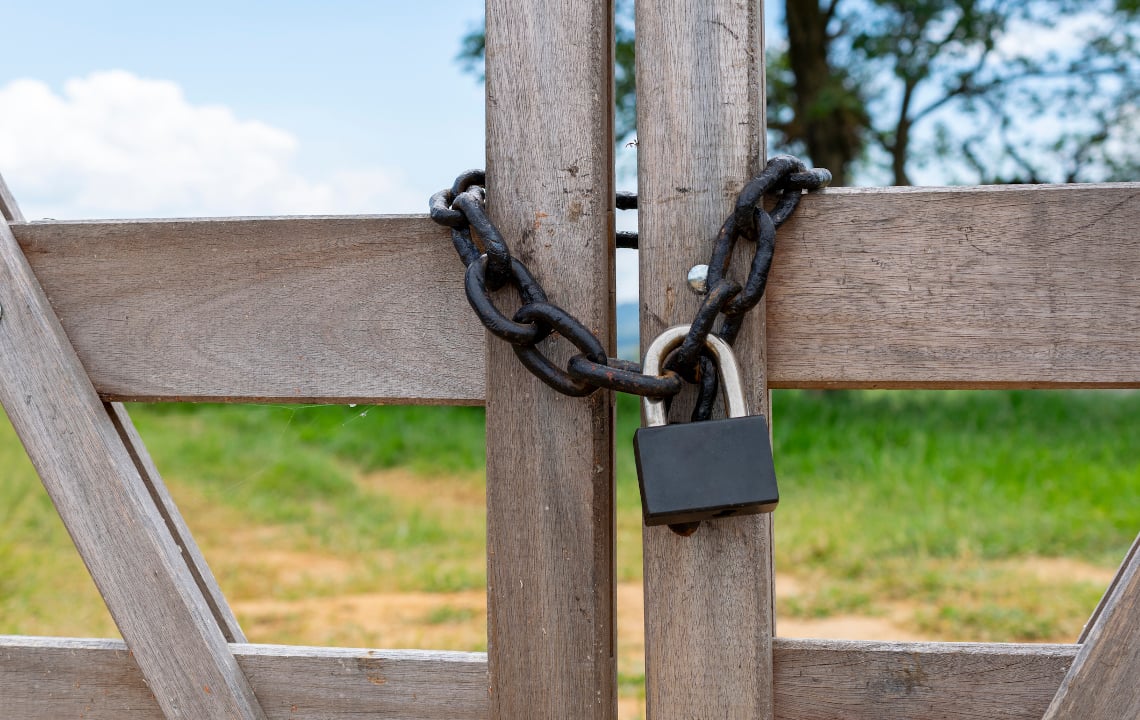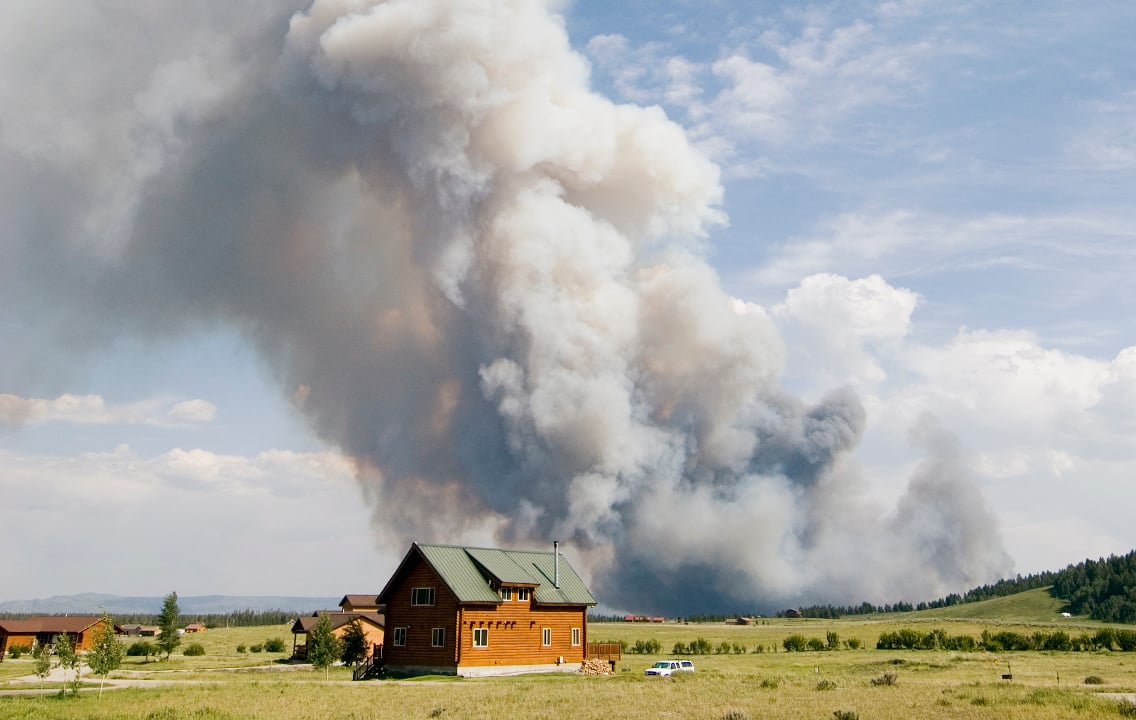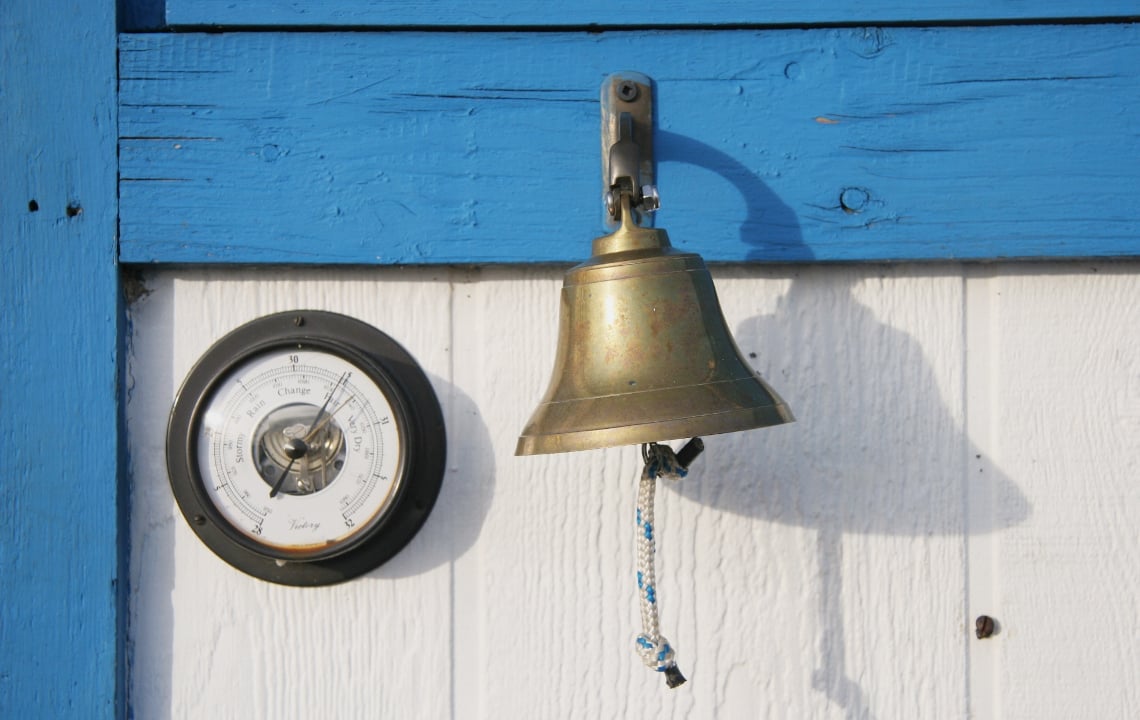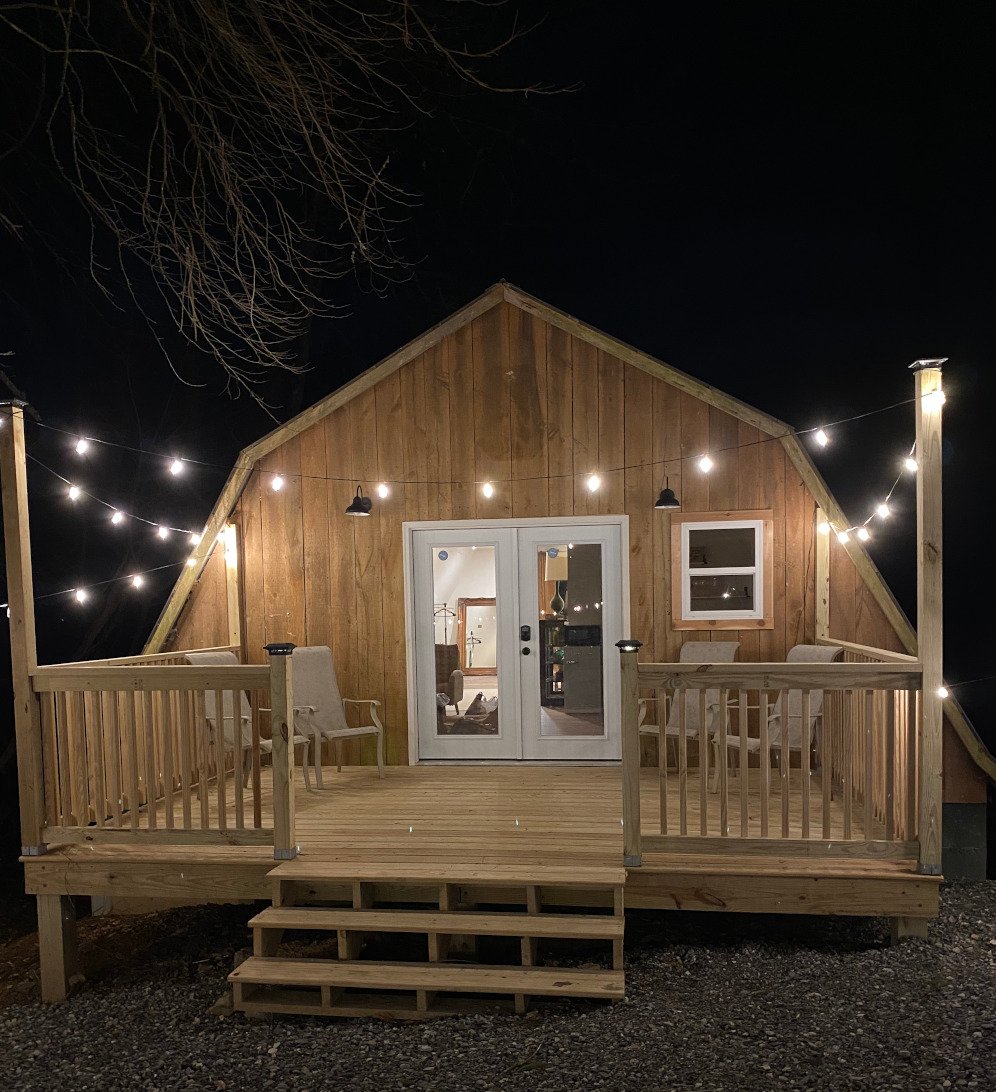You found your dream property, and now you're ready to build your homestead. But how do you find a good contractor? We get expert advice.
What do you look for when searching for a contractor?
We asked Andy Flack, ALC, a licensed real estate broker in Texas who specializes in land and timberland real estate as well as market and property analysis. He has consulted or directed sales in excess of 500,000 acres in Texas since 2002.
 Flack shares tips on choosing a contractor based on his extensive land brokerage career and his own personal experience with home building. Flack, himself, acted as his own general contractor during construction of his contemporary ranch-style home 60 miles north of downtown Houston.
Flack shares tips on choosing a contractor based on his extensive land brokerage career and his own personal experience with home building. Flack, himself, acted as his own general contractor during construction of his contemporary ranch-style home 60 miles north of downtown Houston.
“I’m not sure I would recommend that as an option for the largest percentage of rural land buyers,” he says. “If you don’t know what you’re doing, it’s not a good thing. It’s not for everybody.”
Instead, he says, “You need to hire a reputable contractor.”
Even then, to ensure you get what you want, “You need to be on hand as much as you can,” he says. “A house plan doesn’t always work perfectly in application. Contractors can’t read your mind.”
Whether a contractor is being sought to build in rural or urban areas, the same general tips apply. So what’s the first step to finding the right contractor?
Start with word of mouth.
“Ask around about prominent contractors,” Flack advises. “Talk to people at material supply stores, lumberyards, metal building suppliers, et cetera. If your area has a planning and development office, talk to people there.”
Get multiple estimates.
“Once you’ve got a list of contractors, assuming you’ve already got your plans drawn by a designer or an architect, submit it for bids,” he says. “Once the bids come in, you can weigh the costs and advantages.”
Flack warns the lowest bid isn’t always the best choice.
“You never overpay for quality and you’ll always overpay for non-quality,” he says.
Do research and use your best judgment in the selection.
“Make sure you find out about their qualifications, experience, and knowledge, along with considering whatever their bid is,” Flack says.
Check out past projects and clients and “be careful about using people that are inexperienced or who would get a ‘thumbs down’ on Angie’s list.”
And, he adds, never choose someone solely “because they’re related to someone you know.”
You need to feel comfortable with the person, although “it’s more about how they get along with you rather than you not getting along with them. You’re the boss.”
Trustworthiness is as important as costs.
In rural areas, you have national codes for plumbing and electricity, Flack says, but “you’re not going to be subject to as many rules, regulations, and codes as you will be in urban or municipal areas.”
Policing authorities and inspections for violations in some rural areas are virtually nonexistent. As to building codes, one still has to comply with whatever authorities are applicable, i.e., sewer systems, water wells, etc. Hiring an ethical contractor is essential to ensure a quality project. In your word-of-mouth preliminaries, ask.
Be cautious but fair.
Determining when to trust your contractor requires discernment. For instance, Flack says, when a contractor asks for a large percentage of money up front before a job is completed, that might be a red flag—or it might not.
“It depends on what you’re getting done,” he says.
Sometimes contractors need money upfront to buy materials or to finance other aspects of the build. Again, ask references about their experience with the contractor.
Be patient when problems arise.
Building a home from scratch is challenging. “Everything always takes longer and costs more,” says Flack. “You’re going to run into a problem somewhere. It’s going to happen. Nothing is ever perfect.”
When that happens, be patient. In the end, the time and effort of collaborating with a contractor on your dream home will be worth it.
Learn more about Andy Flack, owner of Homeland Properties Inc., on his company's website at http://homelandprop.com.


